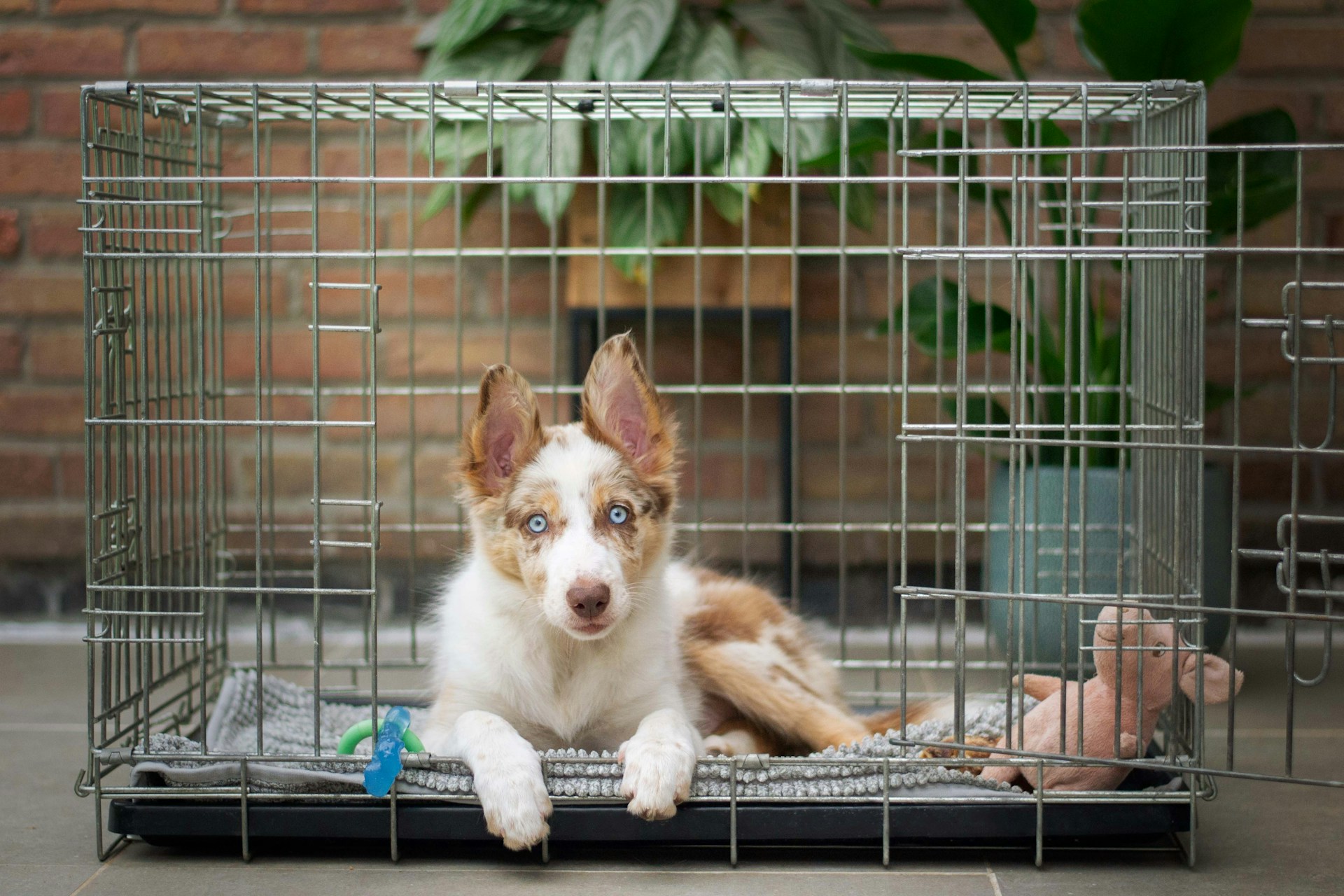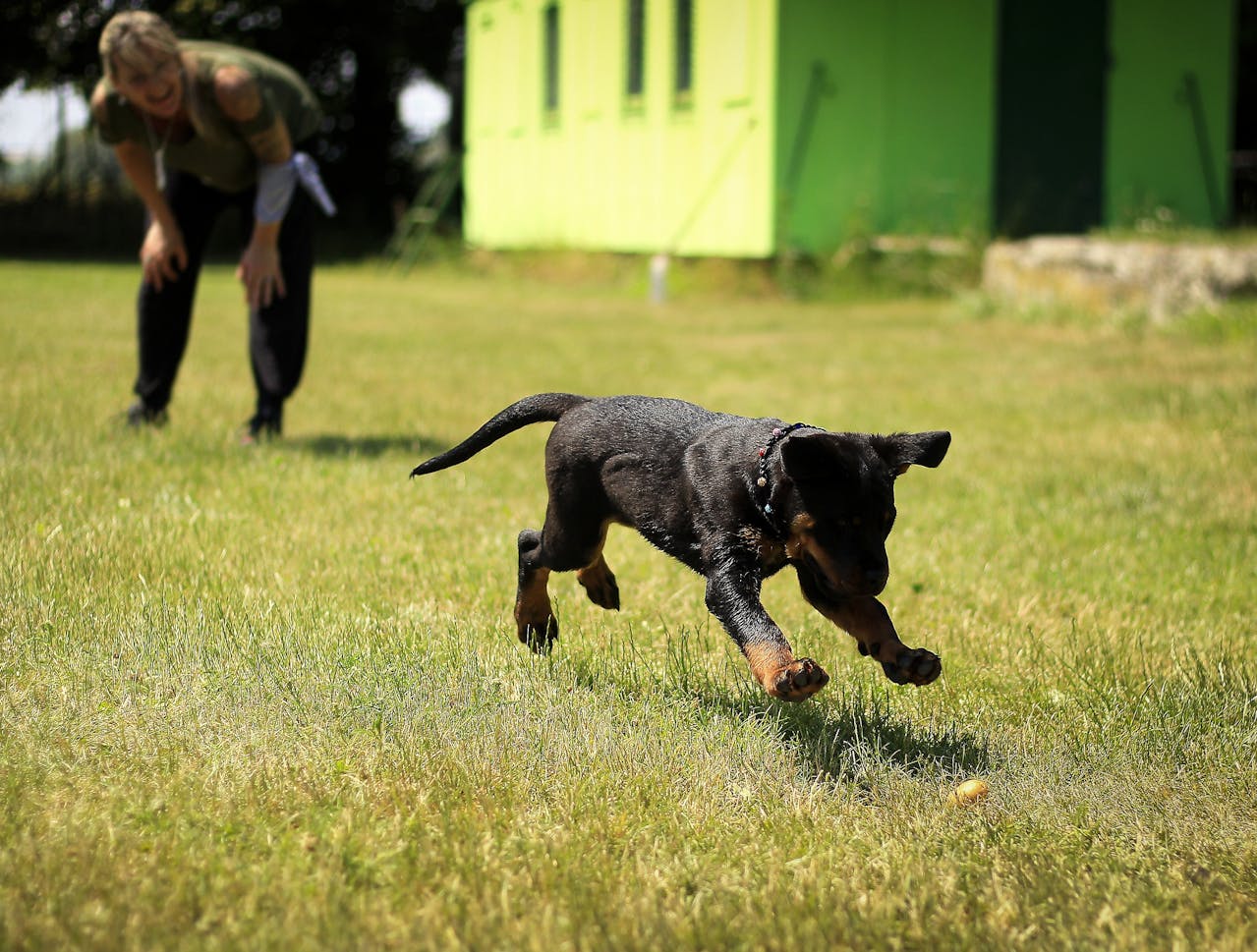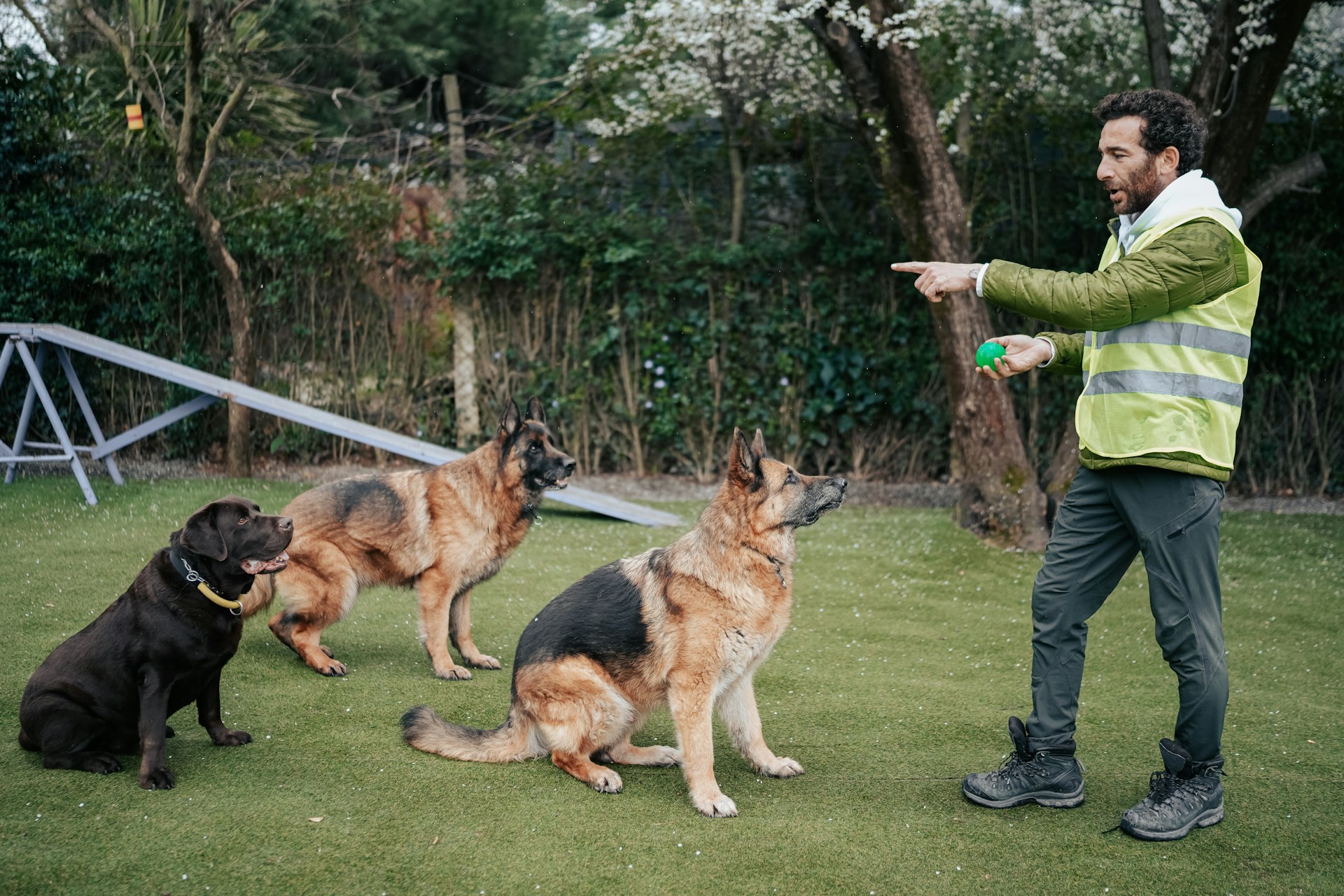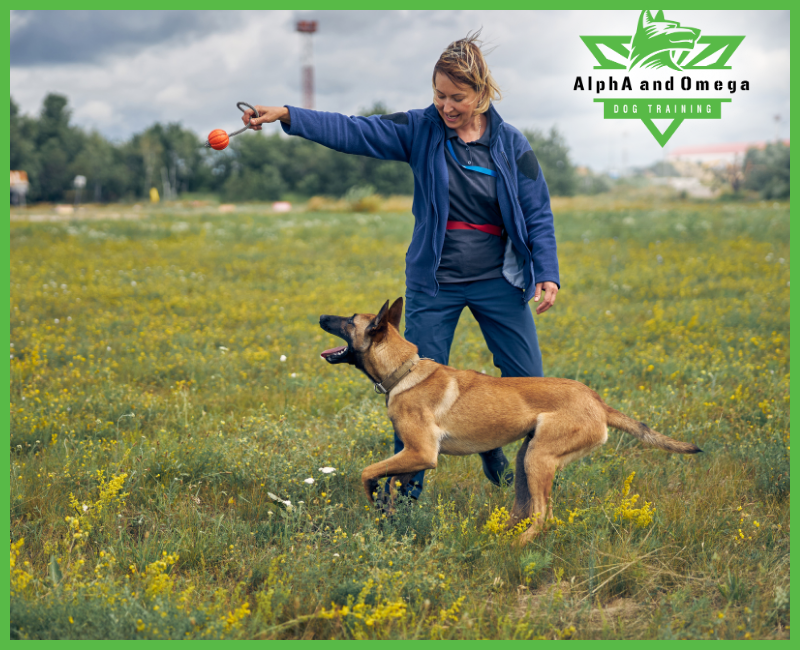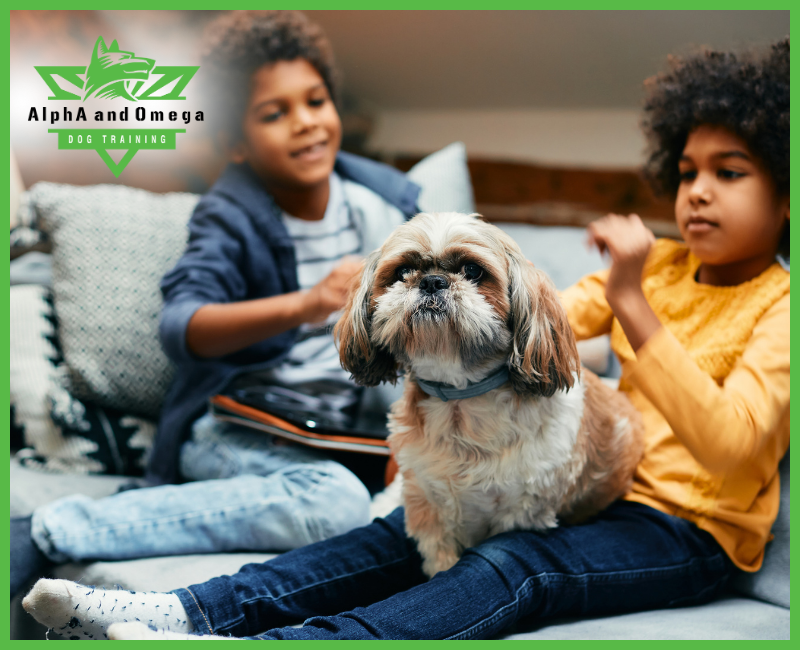
Best friend to humans, dogs can provide kids with a host of benefits — even in very early childhood. Kids can benefit from the physical and physiological aspects of being in contact with their pets. Learn the benefits of dog ownership for your whole family below.
This might very well be the final push you need to get that new pup! Remember, if you have questions about the right breed for your family or have questions about what dog ownership entails, we won’t sugarcoat it for you, but we will support and educate you 100%! Call us anytime.
Everyone knows dogs make great pets. But can a family dog actually provide developmental benefits for very young children? A new study published in the journal Pediatric Research says yes.
Primarily focused on increased physical activity among kids whose families own dogs over non-pet owning households, the study found a spate of other benefits to dog ownership.
According to Amy Morin, LCSW, psychotherapist and host of the Mentally Strong People Podcast, “Helping the family care for a dog can help young kids feel like they’re part of the team. They may feel empowered when they see that they’re able to help care for an animal by helping feed or walk the dog. They may also feel better about themselves when they are able to help with the responsibilities of caring for a pet.”
Benefits of Dog Ownership
The following are just some of the benefits of dog ownership the study highlighted:
- Increased responsibility. Dogs have lots of needs, no matter what breed you choose. They need to be fed and watered daily, played with, and walked. These are all tasks that even young kids are capable of doing, or can do with an adult’s supervision. Many families choose to make pet care a regular part of their kids’ daily chores.
- Sense of identity and independence. When a child grows up alongside a dog, that child will undoubtedly develop a connection with the dog that’s unique from anyone else in the family. This can foster a sense of identity in the child.
- Unconditional love and loyalty. There simply aren’t many other pets out there as loyal as a dog. Your kids will readily see this in their pet’s behavior, and as a result, may naturally live their life this way as well.
- Enhanced self-esteem. There’s no fear of rejection when it comes to a dog! At a time when kids are finding their way in the world and likely experiencing their first difficult relationships, a dog who’s always happy to see them can provide a much-needed self-esteem boost.
- Greater sense of empathy. With pets comes much happiness, of course, but also sadness and even loss at times. Walking side-by-side with a pet through their comparatively short lifespans can be an amazing exercise in empathy and dealing with grief.
- More physical activity. According to the study, dog ownership provides motivation and support for dog-facilitated physical activity. And children of dog-owning families who spend time with their pet dog may benefit in terms of increased physical activity, as well as their social and emotional development.
“Dogs are a new socialization experience for babies and children,” says Laurice Wardini, dog trainer and founder of the site PuppyWiki. “Similar to how it’s important to socialize dogs with various new experiences, it’s a great idea to socialize children with different life experiences.”
What Is It About Dogs, Exactly?
In short, it all comes down to temperament, says Wardini. “Dogs are affable; for the most part, they’re goofy, fun, and energetic, just like kids. There’s really no better match than a kid and a puppy, which is why there are so many intrinsic benefits to dog ownership for young kids.”
What Can You Do If You Can’t Own a Dog?

Benefits of dog ownership—empathy, responsibility, physical exercise—are hard to deny, but what should parents do if they simply can’t own a dog, but want their own kids to realize these same benefits? “Asking to look after friend’s and neighbor’s dogs is a great way to expose kids to dogs and the joy that goes along with them, without the full-time responsibility or financial pressure,” says McCracken.
Another option is to volunteer at a local animal shelter, or simply spend time at parks where other families are playing with their dogs. Most owners are more than happy to let kids pet their dogs, but it’s important to remember to ask beforehand.
Drawbacks of Dog Ownership
Of course, nothing comes without a price, and owning a dog is no different. Families considering dogs need to understand the expense that comes with owning a dog. In fact, it’s estimated that the average American family spends between $1,400 and $4,300 dollars each year in dog ownership, and that doesn’t include the cost of the dog itself, which can often run several thousands of dollars if you buy from a reputable breeder.
What’s more, dogs can be a handful, especially if you get a puppy, says Wardini. And Michal McCracken, a dog trainer and founder of Pet School Academy in Wellington, New Zealand, agrees, saying, “For parents, having a dog is a huge responsibility. Adding a dog to the family is a lot like having a newborn baby initially, with things like broken sleep, potty training, behavioral training, and assimilating the puppy into the family’s life and routines.”
Dogs can be quite mischievous, they can run away and get themselves into trouble or get injured, and they do require constant care. And older or adopted dogs may not always adjust well to being around young kids.
Of course, all of these minor drawbacks can be overcome, and most dog owners agree that investing time and effort into a dog pays off in spades. But what is it about dogs that everyone loves? And what makes them particularly good for kids?
A well-trained dog is key when it comes to being in contact with kids. We can help you in this journey. Contact us today at (844) 739-0990 to get started on living happily with your dog. Find more tips on our Facebook page.
Reference: [https://www.verywellfamily.com/dog-ownership-benefits-emotional-development-young-children-5080062]

